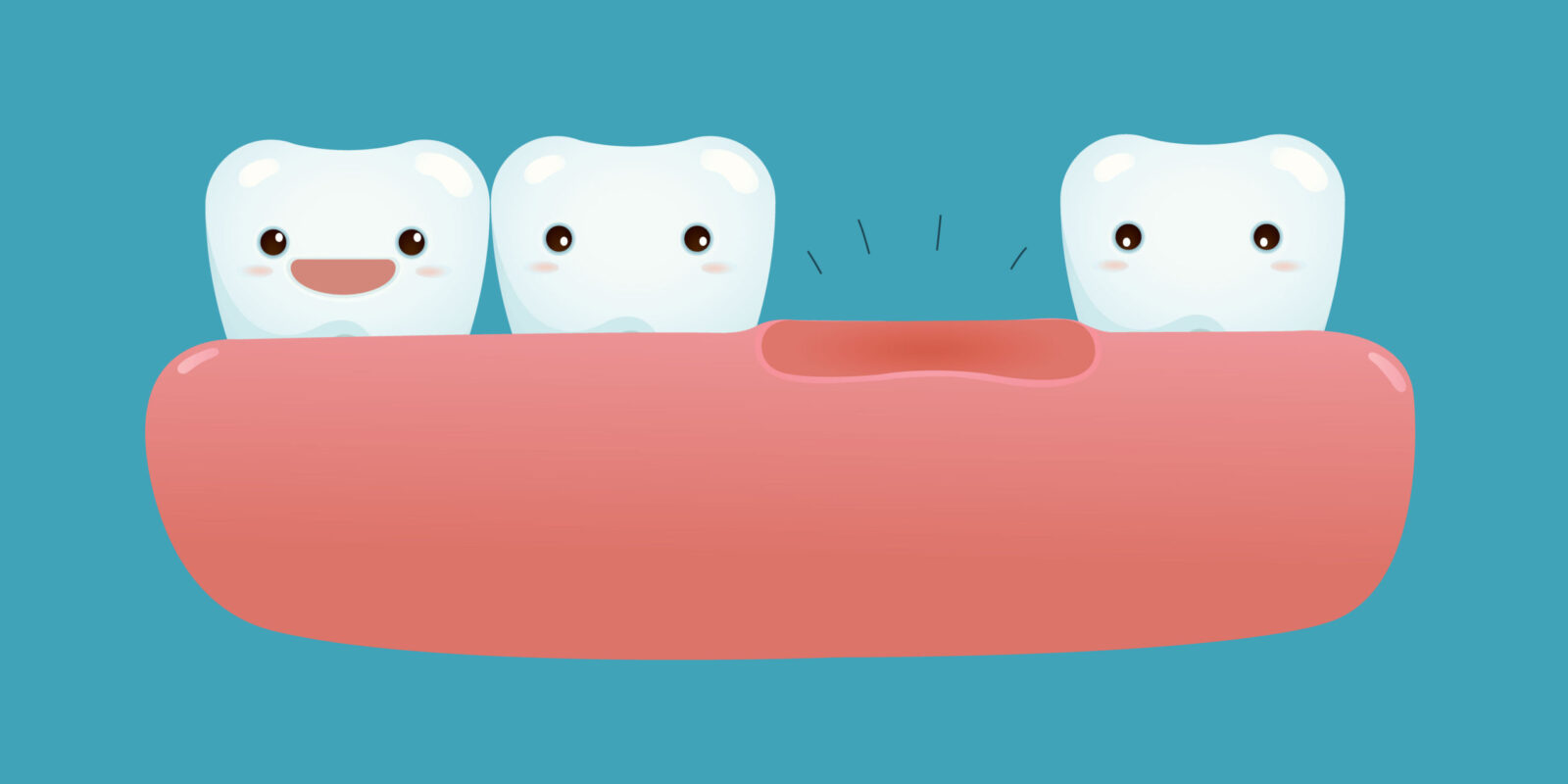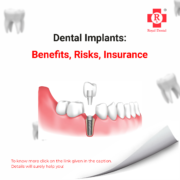Are you missing one or more teeth? Do you find yourself hiding your smile or avoiding certain foods because of gaps in your mouth? If so, dental implants may be the solution you’ve been searching for. Dental implants are a popular and effective way to replace missing teeth, but many people still have questions about the procedure and whether it’s the right choice for them. That’s why we’ve put together this comprehensive guide to understanding dental implants. In this article, we’ll discuss how to know if dental implants are right for you, as explained by Dr. Chirag Chamria at Royal Dental Clinics. So, let’s dive in and discover the world of tooth implants together!
What are Dental Implants and how do they work?
Dental implants are artificial tooth roots that are placed into your jawbone to support a replacement tooth or bridge. They are made of titanium, a biocompatible material that fuses with your jawbone over time through a process called osseointegration.
The implant procedure typically involves several steps. First, your dentist will assess your oral health and determine if you’re a good candidate for the procedure. If you are, they will then surgically place the implant into your jawbone. Once the implant has been placed with your jawbone, your dentist will attach a dental crown over it on the same sitting. Overall, tooth implants provide a long-lasting and natural-looking solution for missing teeth. They are also very durable and can last a lifetime with proper care.
Who is a Good Candidate for Dental Implants?
According to Dr. Chamria, here are some factors that determine whether someone is a good candidate for implants:
Healthy gums: Candidates for dental implants must have healthy gums that are free of infection and disease. Gum disease can compromise the stability of the implant, leading to implant failure.
Enough bone density: Tooth implants require a certain amount of bone density to support them. Candidates with significant bone loss may require a bone graft before they can receive implants.
Good overall health: Candidates for dental implants must be in good overall health. This means that they must not have any medical conditions that could interfere with the healing process, such as uncontrolled diabetes or immune system disorders.
Commitment to oral hygiene: Candidates for dental implants must be committed to maintaining good oral hygiene practices. This includes brushing twice a day, flossing daily, and attending regular dental checkups and cleanings.
Non-smoker: Smoking can negatively impact the success of dental implants. Candidates for dental implants must be non-smokers or willing to quit smoking before the procedure.
Benefits of Dental Implants
Improved appearance: Tooth implants look and feel like your natural teeth, so you can smile with confidence knowing that your replacement tooth or bridge looks just like your real teeth.
Enhanced comfort: Unlike dentures, which can slip or move around in your mouth, dental implants are securely anchored in your jawbone and won’t shift or cause discomfort.
Improved speech: Missing teeth can affect your speech, but dental implants can restore your ability to speak clearly and confidently.
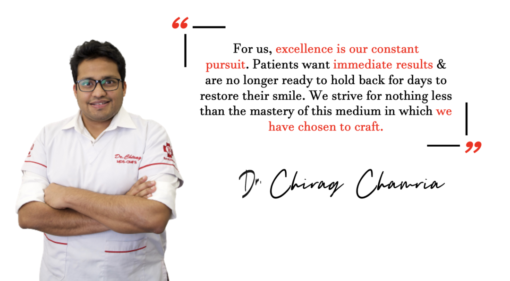
Better oral health: Implants don’t require any special care or maintenance beyond regular brushing and flossing, so they can help improve your overall oral health.
Improved eating: With dental implants, you can eat your favorite foods without worrying about your replacement tooth or bridge slipping or falling out.
Types of Dental Implants
Endosteal Implants: Endosteal implants are the most common type. They are made of titanium and shaped like small screws that are surgically implanted into the jawbone. Once the implant has fused with the bone, a crown or bridge is attached to the implant to replace the missing tooth or teeth.
Subperiosteal Implants: Subperiosteal implants are placed under the gum but above the jawbone. They are recommended for patients who do not have enough bone density to support endosteal implants. Subperiosteal implants consist of a metal frame that is placed on top of the jawbone, and once it has fused with the bone, the crown or bridge is attached to the frame.
All-on-4 Implants: All-on-4 implants are a type of endosteal implant that is designed to support a full arch of replacement teeth. Four implants are placed in the jawbone, and a denture is attached to the implants to replace all of the missing teeth in the arch.
Zygomatic Implants: Zygomatic implants are recommended for patients who have severe bone loss in the upper jaw. Instead of being implanted into the jawbone, zygomatic implants are placed in the cheekbone and attached to the jawbone to support replacement teeth.
Dental Implant Procedure
Dr. Chirag Chamria offers a revolutionary dental implant procedure that can be completed in just one day. Here is a step-by-step guide to the tooth implant procedure at Royal Dental Clinics:
Initial Consultation: The first step is an initial consultation with Dr. Chamria to evaluate your oral health, discuss your options, and determine if you are a good candidate for the procedure.
Planning: Once it is determined that you are a good candidate for the procedure, Dr. Chamria will create a customized treatment plan that outlines the steps of the procedure.
Implant Placement: The next step is the placement of the implant. Dr. Chamria uses advanced technology, including 3D imaging and computer-guided implant placement, to ensure precise and accurate implant placement. The implant is placed into the jawbone, and a temporary crown or bridge is attached to the implant.
Restoration: After the implant is placed, a custom-made crown, bridge, or denture is created and attached to the implant on the same day. The restoration is designed to match the shape, size, and color of your natural teeth, giving you a natural-looking smile.
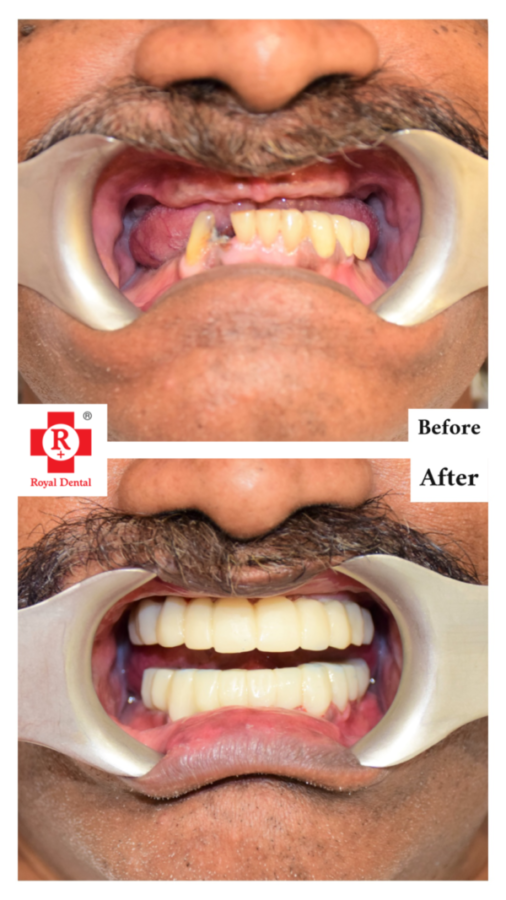
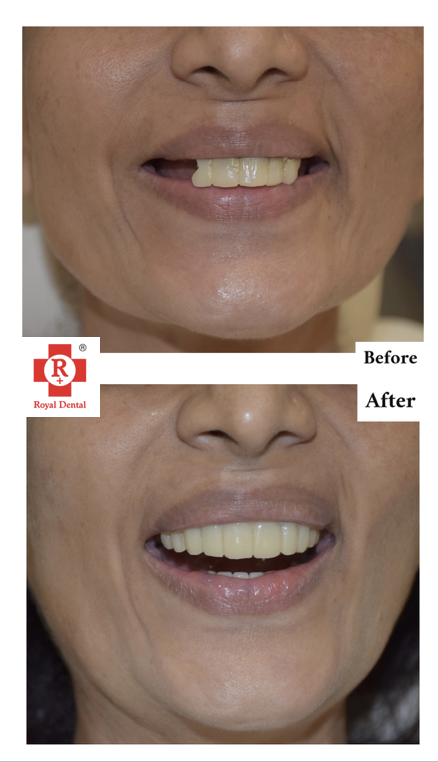
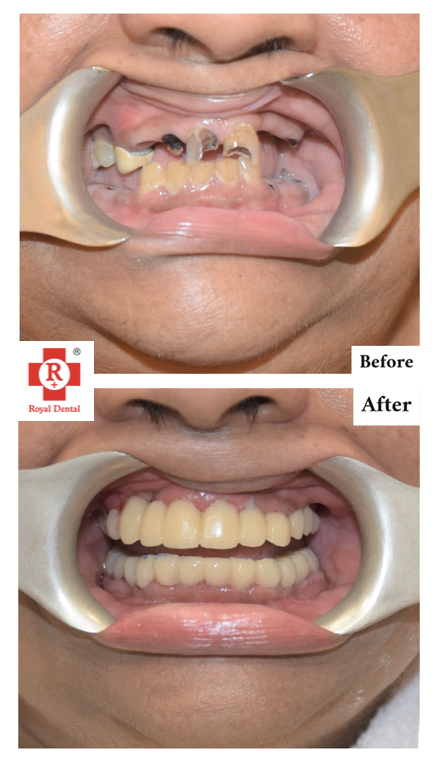
Follow-up Visits: After the procedure, Dr. Chamria will schedule several follow-up visits to ensure that your implant is functioning properly and that your oral health is maintained.
The implant procedure at Royal Dental Clinics involves an initial consultation, planning, implant placement, restoration, and follow-up visits. With the use of advanced technology and techniques, the procedure can be completed in just one day, allowing patients to leave with a fully functional and natural-looking smile.
Tooth Implant Aftercare
Follow Your Dentist’s Instructions: Your dentist will provide you with specific instructions on how to care for your dental implants. Be sure to follow these instructions carefully to ensure that your implants heal properly and remain healthy.
Practice Good Oral Hygiene: Just like your natural teeth, your dental implants require regular brushing and flossing to maintain good oral hygiene. Brush twice a day with a soft-bristled toothbrush and floss at least once a day.
Use Mouthwash: In addition to brushing and flossing, using an antibacterial mouthwash can help prevent infection and promote healing.
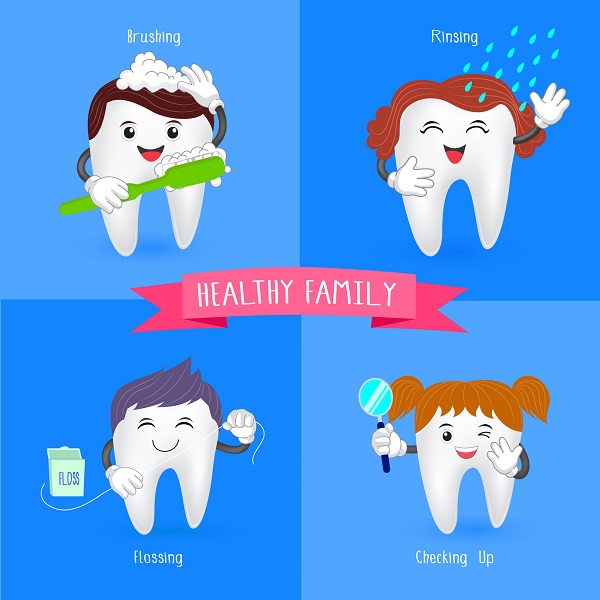
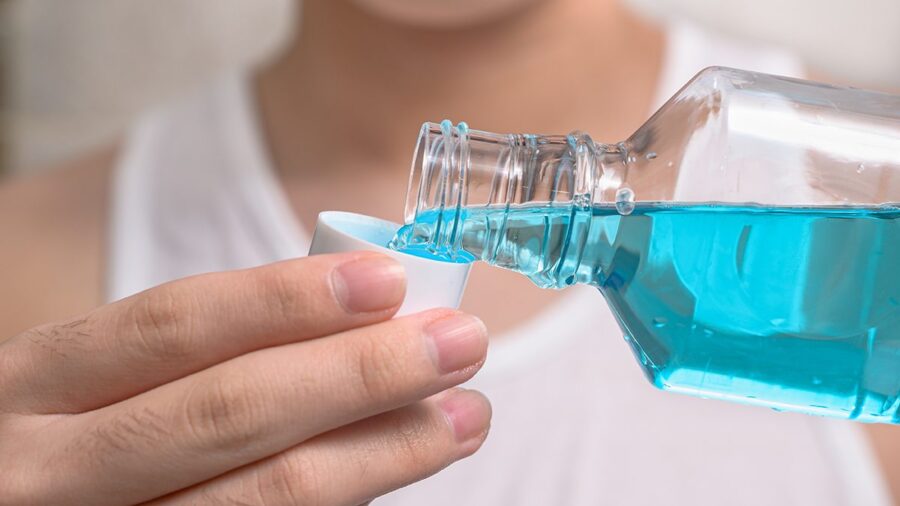

Avoid Hard or Sticky Foods: After the procedure, avoid hard or sticky foods that can damage your implants or dislodge the restoration. Stick to soft foods and gradually reintroduce harder foods as your implants heal.
Attend Regular Dental Checkups: Regular dental checkups and cleanings are important for maintaining the health of your tooth implants. Your dentist will monitor the condition of your implants and provide any necessary treatment.
Avoid Smoking: Smoking can increase the risk of implant failure and complications. If you smoke, it’s important to quit or reduce your smoking to increase the success rate of your implants.
Cost and Insurance
They can be expensive, but they are often covered by dental insurance. However, the amount of coverage varies depending on your insurance plan. Before you decide to get implants, it’s important to discuss the cost and insurance options with your dentist.
Alternatives to dental implants
If you’re not a good candidate for dental implants or if you’re looking for a more affordable tooth replacement option, there are several alternatives to consider, including:
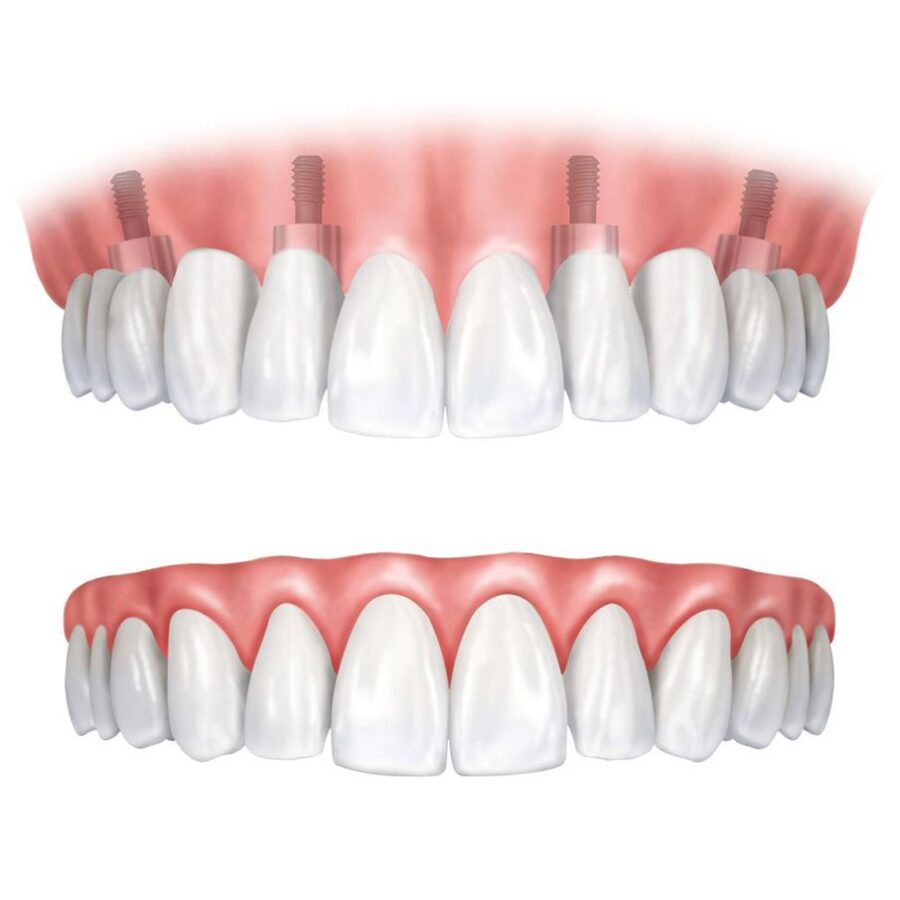
Dentures: Removable dental appliances that replace missing teeth and surrounding tissue.
Bridges: Fixed dental appliances that replace one or more missing teeth by anchoring onto adjacent teeth.
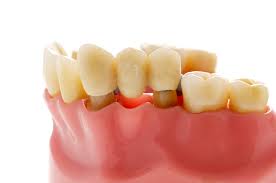
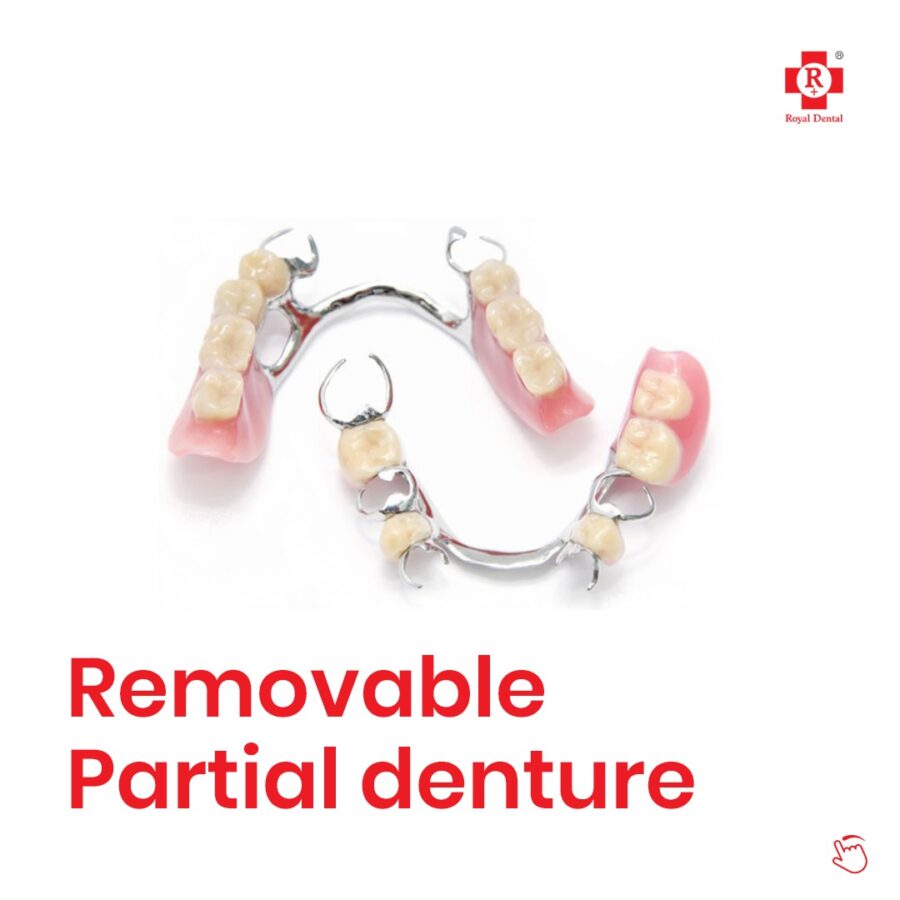
Partial dentures: Removable dental appliances that replace multiple missing teeth.
Frequently Asked Questions
Q. Are dental implants painful?
A. The procedure typically involves some discomfort, but your dentist can provide pain relief options to help manage any pain or discomfort.
Q. How long do dental implants last?
A. They can last a lifetime with proper care and maintenance.
Q. Are tooth implants covered by insurance?
A. Some dental insurance plans may cover the cost of they, but coverage varies depending on your plan and provider.
Q. How long does the dental implant procedure take?
A. The dental implant procedure typically takes several months to complete, but the length of time can vary depending on your individual needs.
Q. Are dental implants safe?
A. They are generally considered safe and have a high success rate.
Conclusion
Tooth implants are a popular and effective way to replace missing teeth and restore your smile. They offer many benefits, including improved appearance, enhanced comfort, and better oral health. If you’re considering dental implants, it’s important to understand the procedure, the different types of implants available, and the aftercare required to ensure their success. By working with your dentist and following proper care instructions, you can enjoy a natural-looking and long-lasting replacement for your missing teeth.

